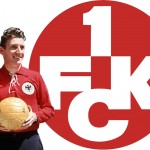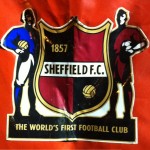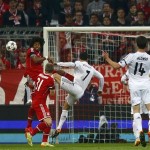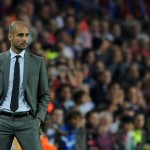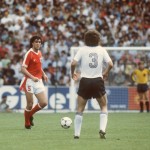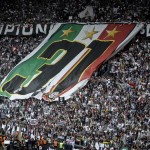El Kaiserlautern, un grande de Alemania en los años 50
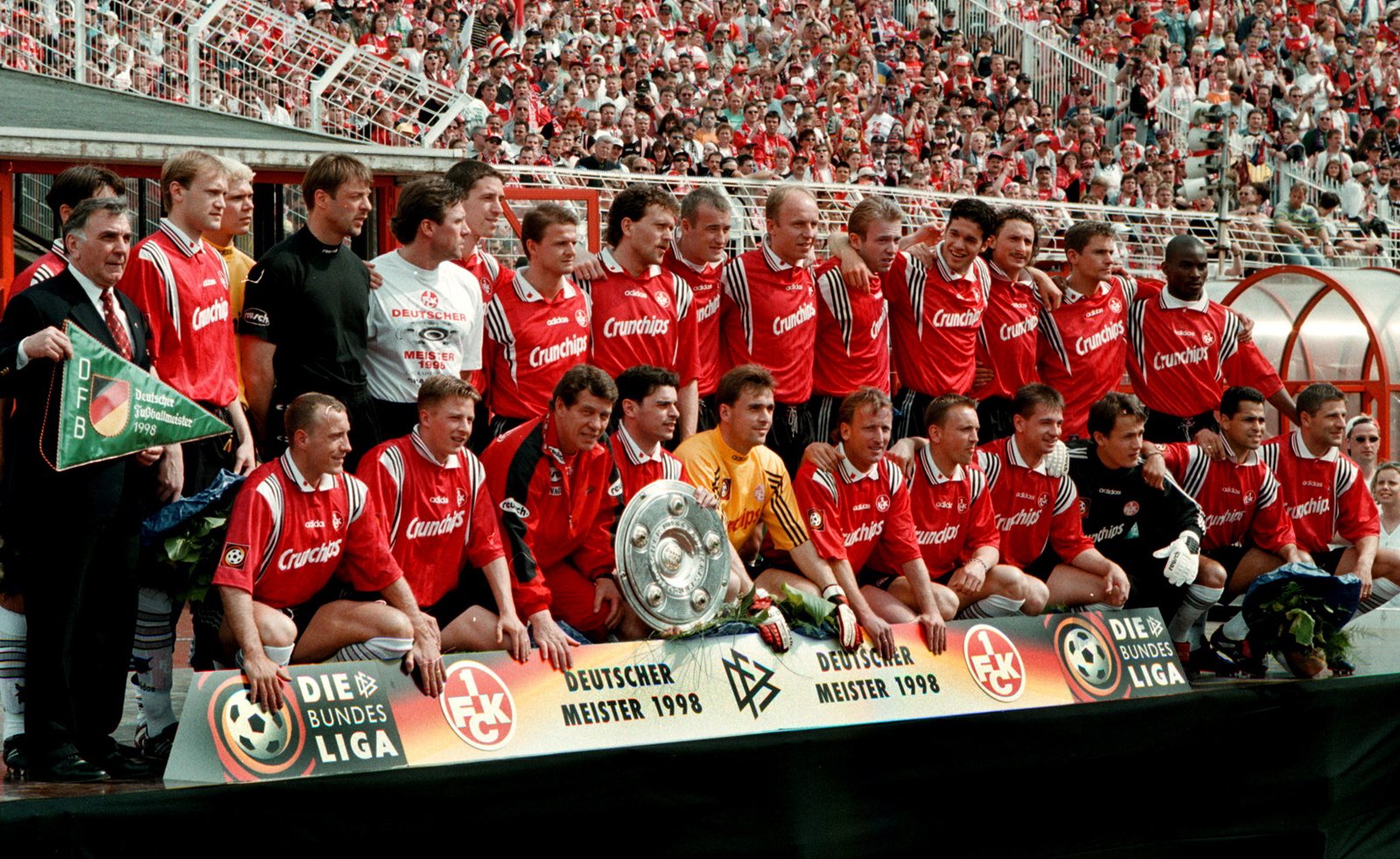
El FC Kaiserlautern, conjunto del sudoeste alemán, fue en su día el equipo más temible de Alemania.
El origen del club se remonta al 2 de junio de 1900, cuando los dos equipos entonces de la ciudad de Kaiserlautern (Germania 1896 y FG ) se unieron para crear el FC 1900, embrión de lo que sería el actual equipo. En 1909, el conjunto se uniría al FC Palatia y el FC Baviera, para más tarde acabar fusionándose con el SV Phönix y adoptar en 1932 el actual nombre.
Los inicios del Kaiserlautern
Los primeros pasos del club transcurrirían por las Oberligas, campeonatos regionales que existían ante de la creación de la Bundesliga actual. En esos torneos de carácter local, el equipo iba a destacar principalmente en los años de la postguerra mundial gracias principalmente a una figura llamada Fritz Walter que iba a marcar la historia del equipo en esos años.
Walter, que permaneció en el FC Kaiserlautern durante 22 años (1937-1959), era un delantero reconvertido a medio gozaba de una excelente técnica y visión de juego, además de una extraordinaria capacidad de liderazgo y de llegada (306 goles en .379 partidos). Todo ello, unido a otros extraordinarios jugadores que formaban en esencia la Alemania que derrotó a la gran Hungría en el Mundial del 54, propició que el club consiguiera sus primeros éxitos. El buen hacer de este bloque le valió el sobrenombre los once magníficos de Walter.
Con semejante panorama, el FC Kaiserlautern se proclamó campeón de la Oberliga del Sudoeste en las temporadas 50-51 y 52-53.En la primera de ellas, el equipo se impuso en la final al Preussen Munster por 2-1 y en la segunda al Stuttgart por 4-1. Además, logró tres subcampeonatos más en los años 48, 54 y 55 que no hacían nada más que confirmar que el equipo era uno de los grandes de Europa.
Sin embargo, los siguientes años serían de cuesta abajo para el equipo, donde solo destacaría en la Copa de 1961, donde llegaría a la final para perderla contra el Werder Bremen por 2-0. La entrada del actual formato de la Bundesliga en 1963 no varió la triste travesía por el desierto del equipo que llegaría a tres nuevas finales de Copa en los siguiente años como momentos más brillantes (72,76 y 81). De hecho, esas finales y la gran actuación en la Copa de la UEFA 81-82 donde llegaría a semifinales después de meterle una «manita» al Madrid en cuartos serían los grandes logros del equipo en la época.
Aquella eliminatoria de la Copa de Europa ante el Barcelona
No sería hasta la temporada 89-90 cuando el equipo rompería la sequía de títulos y se proclamaría por fin campeón de la Copa alemana tras los cuatro intentos fallidos. Un preludio de lo que vendría al año siguiente, pues por primera vez en su historia iba a conseguir ganar la Bundesliga en un apretado final de liga ante Bayern de Múnich y Werder Bremen.
Su título le propició que la temporada 91-92 fuera la del estreno en la Copa de Europa, donde solo el Barcelona sería capaz de frenarlo en los octavos de final, después de un cabezazo en tiempo de descuento de José Mari Bakero.
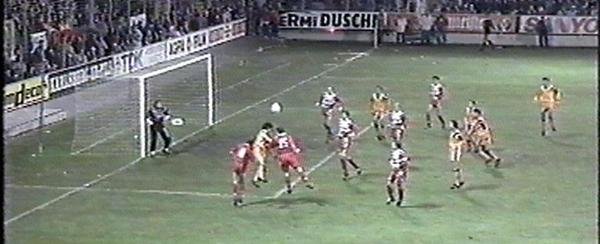
Los años 90
La consolidación a principios de los años 90 en la élite del fútbol alemán iba a sufrir un traspiés en la temporada 95-96, donde el club iba a vivir una paradoja. Con un equipo lleno de jóvenes talentos donde la cantera tenía un papel protagonista, el FC Kaiserlautern ganaba la Copa alemana pero al mismo tiempo, bajaba por primera vez en su historia a la Bundesliga 2. Un shock en Alemania que se magnificaba con el descenso ese mismo año del Eintracht de Frankfurt
No obstante, en la siguiente campaña (96-97), con Otto Renhhagel al frente, el equipo reaccionaría bien, subiendo a las primeras de cambio otra vez a máxima categoría. En la Recopa, que curiosamente la jugaba estando en la Bundesliga 2, el Estrella Roja lo lograba apear en la segunda ronda.
Pero si paradójico era descender y ganar la Copa en el mismo año, no menos iba a ser su reencuentro con la Bundesliga 1, pues el equipo iba a conquistarla el mismo año de su ascenso, algo insólito en Alemania, y solo al alcance de algunos pocos equipos como el Nottingham Forest británico.
Una segunda liga que vendría marcada por una potente plantilla encabezada por hombre de la talla de Michael Ballack, Andres Brehme, Ciriaco Sforza, Pavel Kuka o Marian Hristov. Hombres que llevarían al equipo a los cuartos de final de la Champions en la siguiente campaña, solo eliminados por sus compatriotas del Bayern de Munich.
La decadencia en los años 2000
Los problemas económicos y los cambios continuos en la directiva llevaron al FC Kaiserlautern a un periodo de varios años metido en las tinieblas de la Bundesliga 2, donde lo único positivo fue la remodelación del estadio para el Mundial 2006.

